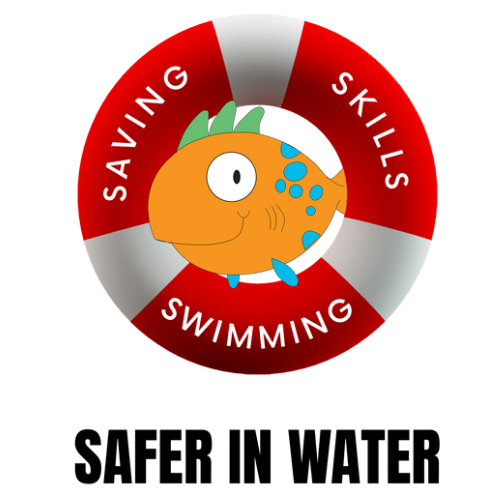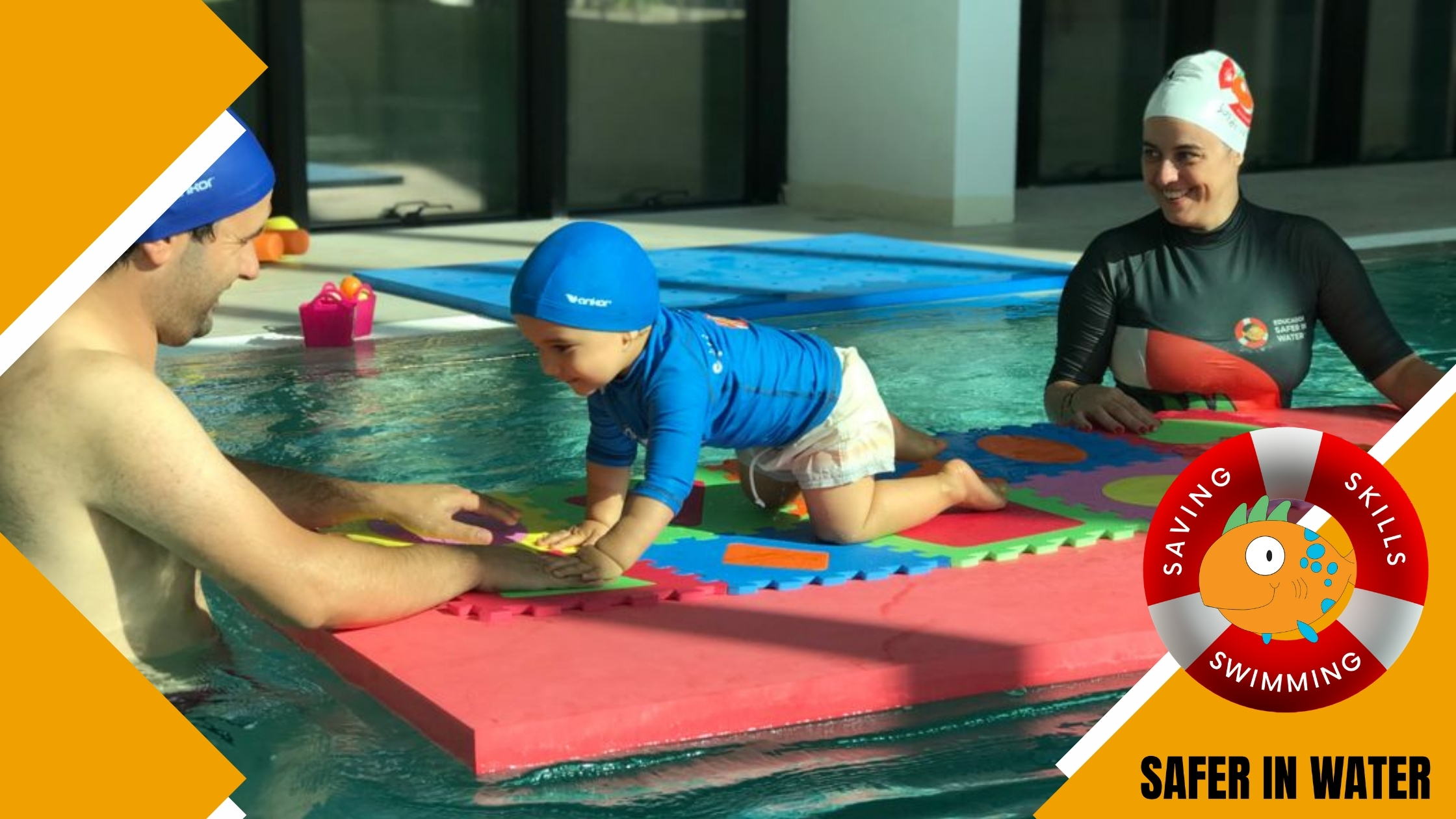blog safer in water
3 tips to build parent and student loyalty in baby swimming classes
“Drowning is a leading killer worldwide, especially among children and young adults. It is preventable, but neglected in relation to its impact on families, communities, and livelihoods”, WHO (2017).
Baby Swimming Classes retention rates
Do you have trouble keeping your group of students in the toddler class?
At the beginning of the school year the class is full, but then the attendance of students decreases or there are even dropouts?
Then it’s time to do something about it!
1st Winning over the parents: it is important to create early empathy with the parents of our students. To do this they have to understand that you know what you are talking about and trust that you are a good professional, the best their child could have! And how to do this? At the beginning of the class, after the good morning song, explain to the parents what the objective of the class is, what we intend and how you want them to act. Then the parents will already realize that the class has an objective, and as you propose exercises, you will explain the specific objectives of each one. Let’s see an example: imagine that the goal of the class is to work on balance in the water, after several exercises, such as going over the mat or a table, you ask the students to pick up objects that are on the table. So in this exercise it is good that you explain to the parents that it doesn’t matter whether or not the child will dip down to catch the object on the tabletop. What matters is how you duck to reach the object. It’s important for parents to realize that in shallow water children drown because they can’t control the weight of their head, unbalancing themselves forward and then can’t get their feet back on the ground to stand up. That’s why it’s important not only to train the position and the way down in the water but also how to stand up. Except that each thing comes in its own time, there is an age for the achievement of each of these items. Is that clear?
2º know the different stages of child development and what are the normal parameters to be developed in each one. Only then will we know what tasks to propose in our classes. It is based on this knowledge that we will be able to plan in a varied and successful way. Another example: sometimes children come to our class when they are 9 months old and still can’t crawl! The parents’ response is they don’t crawl, but they will start walking straight away. No! We will explain to the parents the importance of crawling so that at home and in class they will encourage the development of this skill. On the other hand, the babies that come to us around 6 months of age we already encourage the practice of this skill so that it develops early relative to normal parameters. This skill develops not only physical but also cognitive aspects, hence its importance.
3º perform the tasks with knowledge and conviction. You are the person who understands the subject the most, so you are the best person to clarify doubts and propose the tasks. If it’s time to immerse, do it with all the conviction that it will work. Make sure whether or not the child is ready for the immersion, this is a fundamental principle for its success. Explain to the parents why and why not. If they understand, they will trust your word. If they don’t, and it doesn’t go well, they will trust you even more.

